Learning activity: SEL framework
Another thing you'll notice throughout the learning path is the use of the CASEL SEL framework. SEL stands for “social and emotional learning” and the framework “fosters knowledge, skills, and attitudes across five areas of competence and multiple key settings to establish equitable learning environments that advance students’ learning and development.” We'll be using the CASEL SEL framework to foster growth and development throughout your learning journey. Read on for an overview of the framework itself and the five competencies therein.
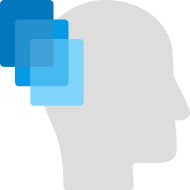
Self-awareness
Self-awareness means the abilities to understand one’s own emotions, thoughts, and values and how they influence behavior across contexts. This includes capacities to recognize one’s strengths and limitations with a well-grounded sense of confidence and purpose.
- Integrating personal and social identities
- Identifying personal, cultural, and linguistic assets
- Identifying one’s emotions
- Demonstrating honesty and integrity
- Linking feelings, values, and thoughts
- Examining prejudices and biases
- Experiencing self-efficacy
- Having a growth mindset
- Developing interests and a sense of purpose
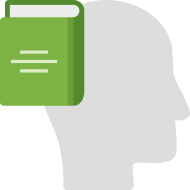
Self-management
Self-management means the abilities to manage one’s emotions, thoughts, and behaviors effectively in different situations and to achieve goals and aspirations. This includes the capacities to delay gratification, manage stress, and feel motivation and agency to accomplish personal/collective goals.
- Managing one’s emotions
- Identifying and using stress-management strategies
- Exhibiting self-discipline and self-motivation
- Setting personal and collective goals
- Using planning and organizational skills
- Showing the courage to take initiative
- Demonstrating personal and collective agency
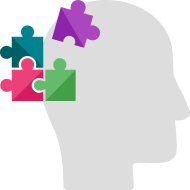
Social awareness
Social awareness means the abilities to understand the perspectives of and empathize with others, including those from diverse backgrounds, cultures, and contexts. This includes the capacities to feel compassion for others, understand broader historical and social norms for behavior in different settings, and recognize family, school, and community resources and supports.
- Taking others’ perspectives
- Recognizing strengths in others
- Demonstrating empathy and compassion
- Showing concern for the feelings of others
- Understanding and expressing gratitude
- Identifying diverse social norms, including unjust ones
- Recognizing situational demands and opportunities
- Understanding the influences of organizations/systems on behavior
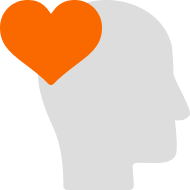
Relationship skills
Relationship skills mean the abilities to establish and maintain healthy and supportive relationships and to effectively navigate settings with diverse individuals and groups. This includes the capacities to communicate clearly, listen actively, cooperate, work collaboratively to problem solve and negotiate conflict constructively, navigate settings with differing social and cultural demands and opportunities, provide leadership, and seek or offer help when needed.
- Communicating effectively
- Developing positive relationships
- Demonstrating cultural competency
- Practicing teamwork and collaborative problem-solving
- Resolving conflicts constructively
- Resisting negative social pressure
- Showing leadership in groups
- Seeking or offering support and help when needed
- Standing up for the rights of others
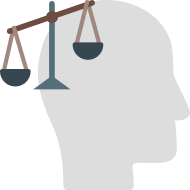
Responsible decision-making
Responsible decision-making means the abilities to make caring and constructive choices about personal behavior and social interactions across diverse situations. This includes the capacities to consider ethical standards and safety concerns, and to evaluate the benefits and consequences of various actions for personal, social, and collective well-being.
- Demonstrating curiosity and open-mindedness
- Identifying solutions for personal and social problems
- Learning to make a reasoned judgment after analyzing information, data, facts
- Anticipating and evaluating the consequences of one’s actions
- Recognizing how critical thinking skills are useful both inside and outside of school
- Reflecting on one’s role to promote personal, family, and community well-being
- Evaluating personal, interpersonal, community, and institutional impacts
Additional resources
Curious to learn even more about the SEL framework? Dive into these PBS Learning Media videos to gain a deeper understanding.